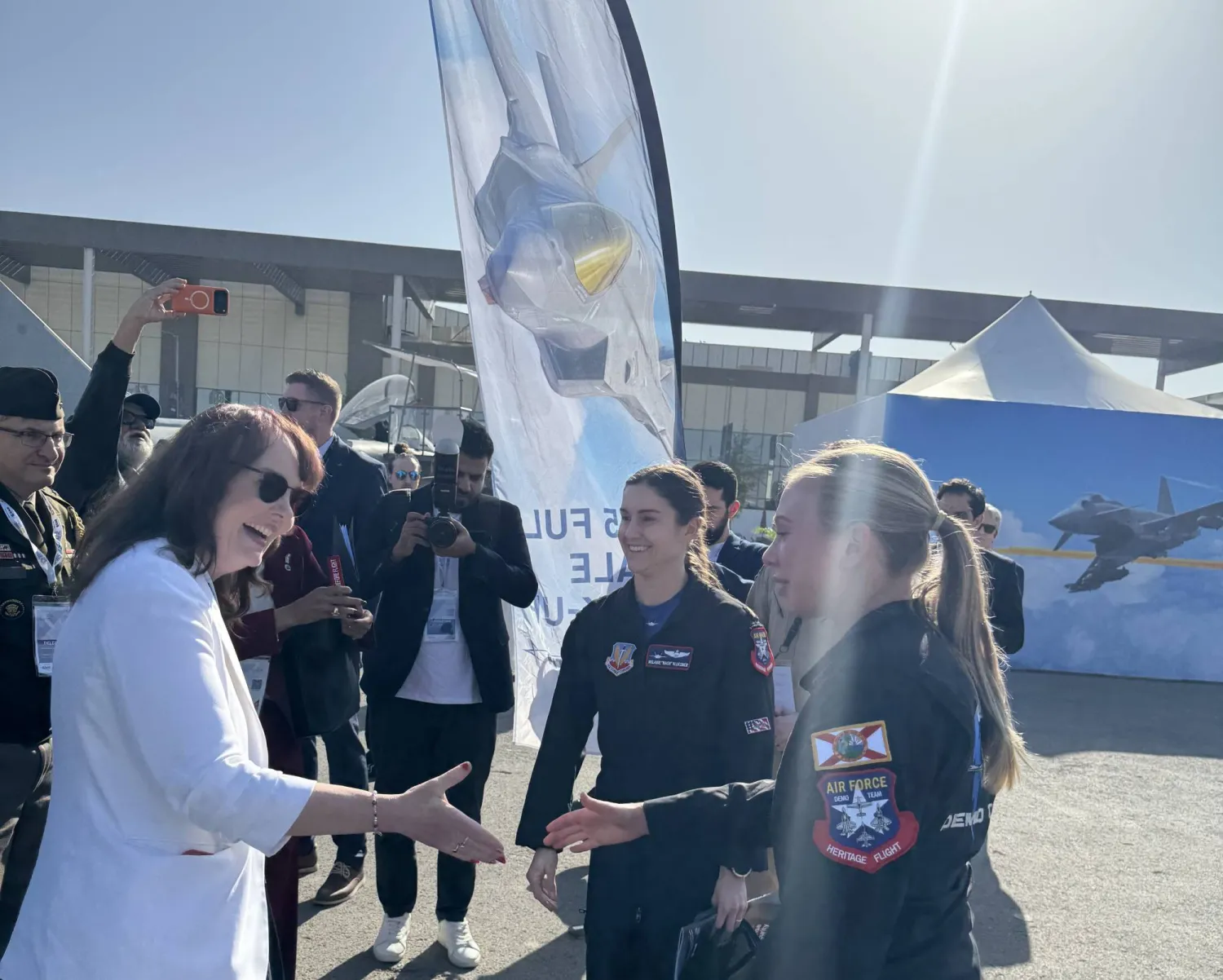Saudi Arabia said early Friday that it was following with “great concern” the military operations taking place in the Red Sea region and the airstrikes on several sites in Yemen.
“While the Kingdom stresses the importance of preserving the security and stability of the Red Sea region, in which freedom of navigation is an international demand [and of] interest of the entire world, [Saudi Arabia] calls for restraint and avoiding escalation in light of the events the region is witnessing,” a statement read.
Saudi Arabia underscored the imperative of upholding security and stability in the Red Sea, citing international laws that assure unrestricted passage, safety, and navigation for all nations and vessels.
The Kingdom aligns with a diplomatic resolution strategy, advocating for conflict containment and the creation of conducive conditions to foster global security and stability. This stance is consistent with its resolute position on crises and conflicts within the region and across the globe.
Saudi Arabia warned that any military escalation in the region could exacerbate the situation and intensify crises.
The Kingdom urged the international community to fulfill its responsibilities and collaborate in finding solutions to de-escalate tension.









